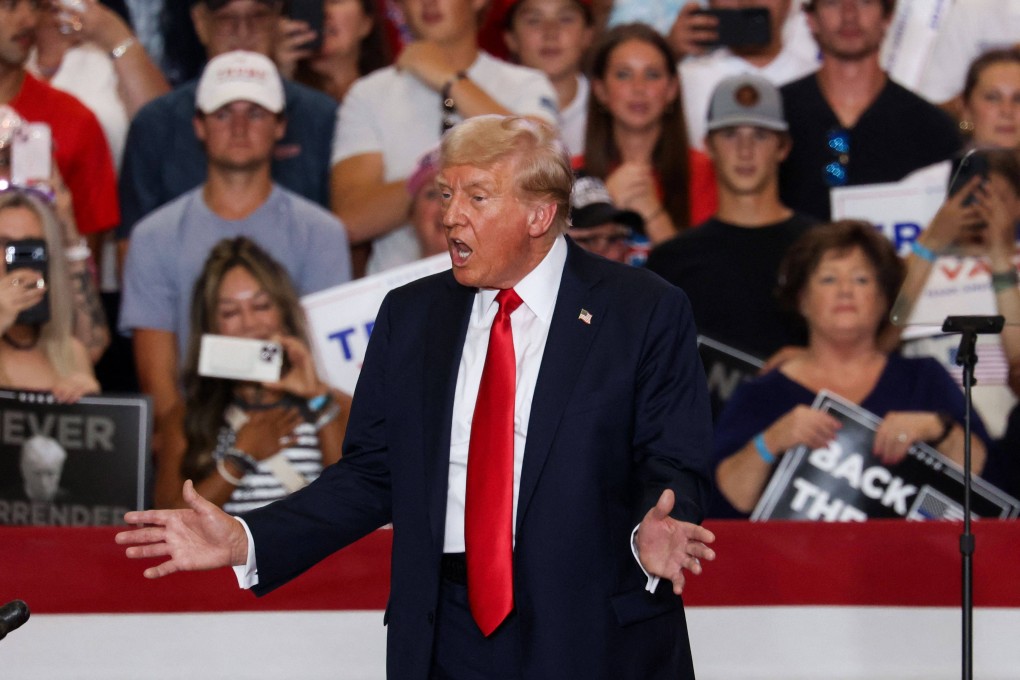Advertisement
The View | How much do policymakers affect the economy? Maybe less than you think
- Examining US economic figures while allowing for the effects of global events suggest luck and legacy matter as much as good policy
Reading Time:3 minutes
Why you can trust SCMP
1

I often have lunch with the great and good. Admittedly, this is generally by reading the “Lunch with the FT” column. The Financial Times’ latest guest is Reverend Franklin Graham, the son of the famous evangelist Billy, who is unashamedly pro-Donald Trump.
Supporting a presidential candidate who has been convicted by a jury of paying off an adult film actress for her silence might be said by some to be an unusual choice for a Christian leader. His reasoning is that the previous US president strengthened the economy, facilitated low inflation and was in office during a time of relative world peace.
Graham is either naive or a Republican: these so-called achievements were either down to luck or plain wrong, and his view is a result of the effective spinning of a narrative.
The more intriguing point is whether Trump, or any other policymaker, can actually do very much to improve an economy. Are policy successes a matter of luck?
Hostages to fortune rely on global events that do not blow the ship of state off course. Do we need grand economic policies, or does the average person just want good healthcare, public infrastructure, the rubbish collected and a peaceful coexistence?
Policymakers naturally play up any achievement they can while blaming their failures on the latest financial crisis, foreign influences, war, the plague or some other excuse. Yet surely when a new administration comes into office, they merely inherit the last administration’s joys, fears, problems and blame.
Advertisement
Select Voice
Choose your listening speed
Get through articles 2-3x faster
1.1x
220 WPM
Slow
Normal
Fast
1.1x
